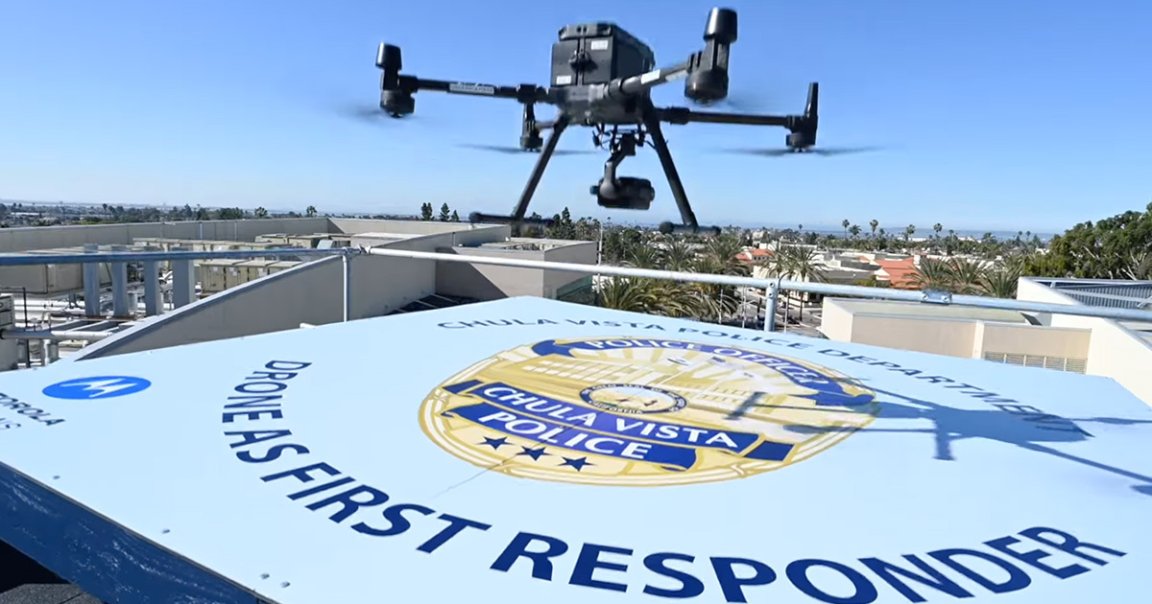
Dial-A-Drone
The Denver Police Department is planning to deploy aerial drones as 911 first responders, The Denver Post reports.
Like other police units in the US, several Colorado police units use drones for certain tasks, like mapping crime scenes and trailing suspects on the run. And now, the Denver Police Department (DPD), which is launching its own drone program, has its sights set on a new use case: responding to emergency calls.
The plan paints a dystopian picture of the future of policing, raising plenty of privacy and resource allotment concerns. Besides, is a tiny drone really the first thing you want to show up at the site of an accident?
But according to some Colorado cops, this is the way of the future.
“This really is the future of law enforcement at some point,” Sergeant Jeremiah Gates, who heads the drone unit at the Arapahoe County Sheriff’s Office, told the Post, “whether we like it or not.”
Flight Risk
Gates, for his part, argues that drones can help cops prioritize emergency calls and make decisions about whether to send an officer to a scene.
“It’s saving resources,” the Arapahoe County sergeant told the Post. “What if we get a call about someone with a gun, and the drone is able to get overhead and see it’s not a gun before law enforcement ever contacts them?”
Immediately, this prospect raises a slew of questions. How does a police force prioritize which calls receive drones before officers? What happens when the police make an error in a situation where a drone was sent to the scene first?
DPD officials, though, claim that a drone would never be sent to a scene where an officer is “physically requested.”
“We would never simply replace calls-for-service response by police officers,” Phil Gonshak, director of the DPD’s Strategic Initiatives Bureau, told the Post. “The DPD would respond to any call for service where someone is physically requesting a police officer on scene.”
There are also serious surveillance concerns. Having camera-equipped police drones buzzing all over a city or even a state isn’t a comforting picture, especially as law enforcement units continue to adopt facial recognition software.
“We’re worried about what it would mean if drones were really just all over the skies in Colorado,” American Civil Liberties Union of Colorado staff attorney Laura Moraff told the Post, adding that existing under surveillance “can change the way people speak and protest.”
Moraff also raised the point that there’s already a well-documented problem “with people reporting Black people doing normal everyday things,” so sending a drone to a scene for every and any 911 call could add a new and pervasive layer of surveillance to what are already overpoliced communities.
“It can really affect behavior on a massive scale,” Moraff continued, “if we are just looking up and seeing drones all over the place, knowing that police are watching us.”
Next, the department is going to replace 911 operators with buggy customer service bots that make you use your keypad to relay which kind of crime or emergency you’re currently experiencing. What could possibly go wrong?
Updated to correctly distinguish between the Arapahoe County Sheriff’s Office and the Denver Police Department.
More on surveillance: Students Horrified When Error Message Appears on Vending Machine, Revealing Something Dark